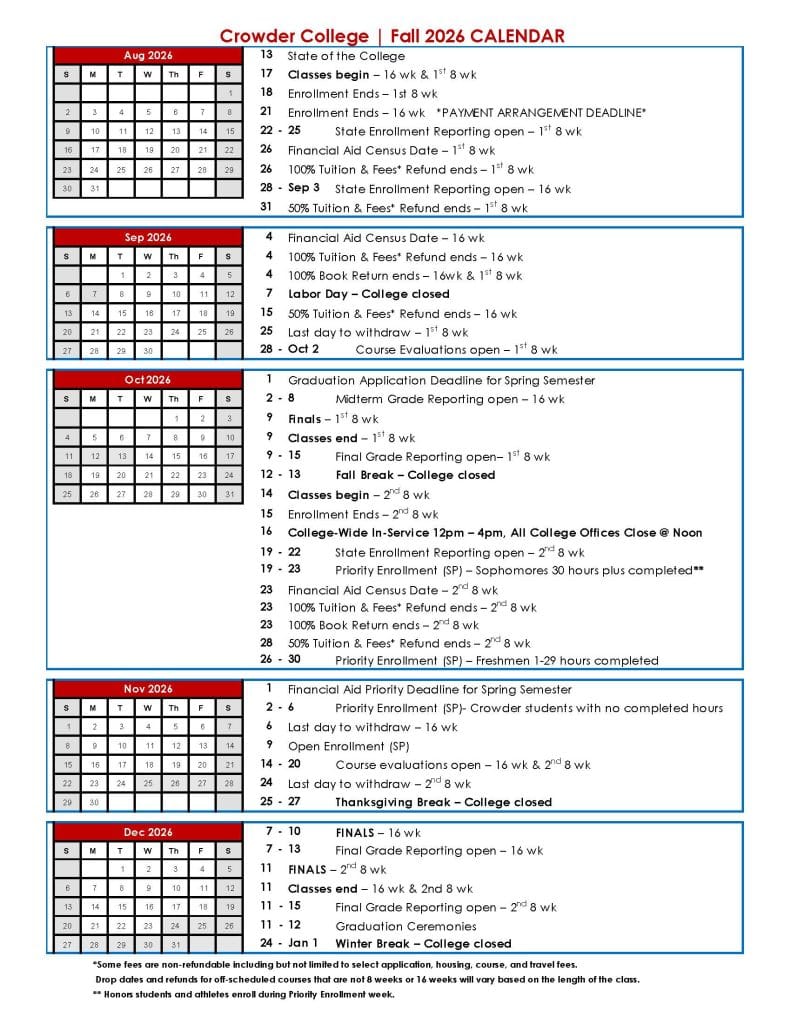As tax season approaches, understanding the IRS refund schedule 2026 and the Earned Income Tax Credit (EITC) is vital for maximizing your tax refund. The IRS refund schedule dictates when you can expect to receive your tax refund, while the EITC is a tax benefit for low to moderate-income individuals and families. Our blog will delve into the intricate details of the 2026 IRS refund schedule and how the EITC can positively impact your tax return. Stay updated on important dates, eligibility criteria, and tips to expedite your refund process. Let’s unravel the complexities of the IRS refund schedule 2026 and EITC to ensure you make the most of your tax refund.
Understanding the IRS Refund Schedule 2026
When it comes to tax refunds, understanding the IRS refund schedule for 2026 is crucial for taxpayers anticipating a refund. The IRS typically issues refunds within 21 days after receiving a tax return, but the exact timing can vary based on various factors.
Factors Affecting IRS Refund Schedule 2026
Several factors can impact the timing of your refund, including the method of filing, errors on your return, and the presence of refundable tax credits such as the Earned Income Tax Credit (EITC).
If you claim the EITC, you may expect your refund to be delayed as the IRS must conduct additional reviews to prevent fraud and ensure accuracy.
Checking Your Refund Status
It’s easy to check the status of your refund online using the IRS “Where’s My Refund?” tool. Simply enter your social security number, filing status, and the exact refund amount to get real-time updates on your refund’s progress.
Key Dates for IRS Refunds in 2026
As you anticipate your IRS refund for the year 2026, it’s essential to be aware of the key dates to expect your refund. The IRS refund schedule for 2026, especially for those claiming the Earned Income Tax Credit (EITC), follows a specific timeline.
IRS Refund Processing Start Date
The IRS typically begins processing tax returns and issuing refunds in late January or early February 2026. Taxpayers who file their returns electronically can receive their refunds sooner than those who file paper returns.
Expected Refund Arrival Date
Most taxpayers can expect to receive their refunds within 21 days of filing their tax returns. However, for those claiming the EITC, refunds may be delayed until mid to late February due to additional processing requirements.
How to Track Your IRS Refund
Tracking your IRS refund for the 2026 tax year is essential to keep tabs on your money. The process is relatively simple and can provide peace of mind knowing when to expect your refund. The most convenient way to track your IRS refund status is by using the IRS online tool ‘Where’s My Refund?’. Simply enter your Social Security number, filing status, and the exact amount of the refund shown on your tax return.
Using the ‘Where’s My Refund?’ Tool
Once you input the necessary information, the tool will display the current status of your refund. It will inform you if your return has been received, processed, and the anticipated date of your refund deposit. The tool is updated daily, usually overnight, allowing you to track your refund progress accurately.
Checking via the IRS2Go App
If you prefer mobile access, you can download the free IRS2Go app. This app provides the same functionality as the online tool and allows you to conveniently track your refund from your smartphone. Simply log in with your information to retrieve your refund status.
What is the Earned Income Tax Credit (EITC)?
The Earned Income Tax Credit (EITC) is a refundable tax credit for low to moderate-income working individuals and families. It is designed to provide financial assistance to individuals who earn income through employment but may struggle to make ends meet.
Eligibility Criteria for EITC
To qualify for the EITC, individuals must meet certain requirements such as having earned income from employment, self-employment, or farming activities.
Additionally, the individual must meet specific income thresholds, have a valid Social Security number, and meet other eligibility criteria set by the IRS.
Benefits of EITC
The EITC can provide substantial financial support to eligible individuals and families, helping them reduce their tax liability or potentially receive a refund even if no taxes were withheld.
- Helps reduce poverty levels
- Encourages individuals to seek employment
- Provides a financial safety net for struggling families
Qualifications for EITC in 2026
The Earned Income Tax Credit (EITC) is a valuable tax credit for low to moderate-income individuals and families, designed to provide financial assistance. To qualify for EITC in 2026, individuals must meet certain criteria:
Income Limits
To be eligible for EITC, taxpayers must have earned income within specified limits. For the tax year 2026, the maximum income limits are set at $56,844 for married filing jointly, $53,694 for single filers, and $61,194 for those with qualifying children.
Additionally, investment income must be $3,650 or less for the year to qualify.
Eligibility Based on Filing Status
Married couples filing jointly are eligible for EITC. Single individuals, as well as heads of household, can also qualify provided they meet the income thresholds.
Maximizing Your Tax Refund with EITC
When it comes to maximizing your tax refund in 2026, understanding the Earned Income Tax Credit (EITC) can make a significant difference. The EITC is a valuable tax credit for low to moderate-income individuals and families, designed to help reduce their tax burden and potentially increase their refund amount.
Qualifying for EITC
To qualify for the EITC in 2026, you must meet certain criteria, including having earned income, meeting specific income limits, and filing a tax return. The amount of credit you receive depends on your income, filing status, and the number of qualifying children you have. It’s crucial to ensure you meet all eligibility requirements to maximize your refund.
Claiming the EITC
When claiming the EITC on your tax return, make sure to provide accurate information and double-check your figures to avoid errors that could delay your refund. Claiming the EITC can result in a significant financial benefit for eligible taxpayers in 2026.
- Calculate your credit accurately
- Use the IRS EITC Assistant tool
- Consult with a tax professional if needed
Frequently Asked Questions
- How often does the IRS issue tax refunds?
- The IRS issues tax refunds on a weekly basis, typically on Fridays. However, during peak filing season, refunds may take longer to process.
- Where can I find the 2026 IRS refund schedule?
- The 2026 IRS refund schedule can be found on the official IRS website or by contacting the IRS directly. Taxpayers can also check the status of their refund using the ‘Where’s My Refund’ tool on the IRS website.
- What is the Earned Income Tax Credit (EITC)?
- The Earned Income Tax Credit (EITC) is a benefit for working individuals or families with low to moderate income. It is a refundable tax credit, which means that even if you owe no tax or have no tax withheld, you may still receive the credit as a refund if you are eligible.
- How does the EITC affect my tax refund?
- If you are eligible for the Earned Income Tax Credit (EITC), it can increase the amount of your tax refund or reduce the amount of tax you owe. The EITC is based on various factors such as income, filing status, and number of qualifying children.
- When can I expect to receive my EITC refund in 2026?
- The timing of EITC refunds in 2026 will depend on various factors, including when you filed your tax return and how you chose to receive your refund (e.g., direct deposit, paper check). It is recommended to refer to the IRS refund schedule for more specific information.
In Conclusion: What You Need to Remember
As we look ahead to the 2026 IRS refund schedule and EITC, it is crucial to stay informed and prepared for any changes that may impact your tax refund. Understanding the schedule, including key dates and processing timelines, can help you plan your finances more effectively.
For those eligible for the EITC, it’s essential to maximize this valuable credit to boost your refund amount. Remember to file your taxes early and accurately to avoid any delays in receiving your refund.
Overall, staying updated on the IRS refund schedule and EITC rules can significantly benefit your financial well-being. Be proactive, seek professional advice if needed, and make the most of your tax refund!



